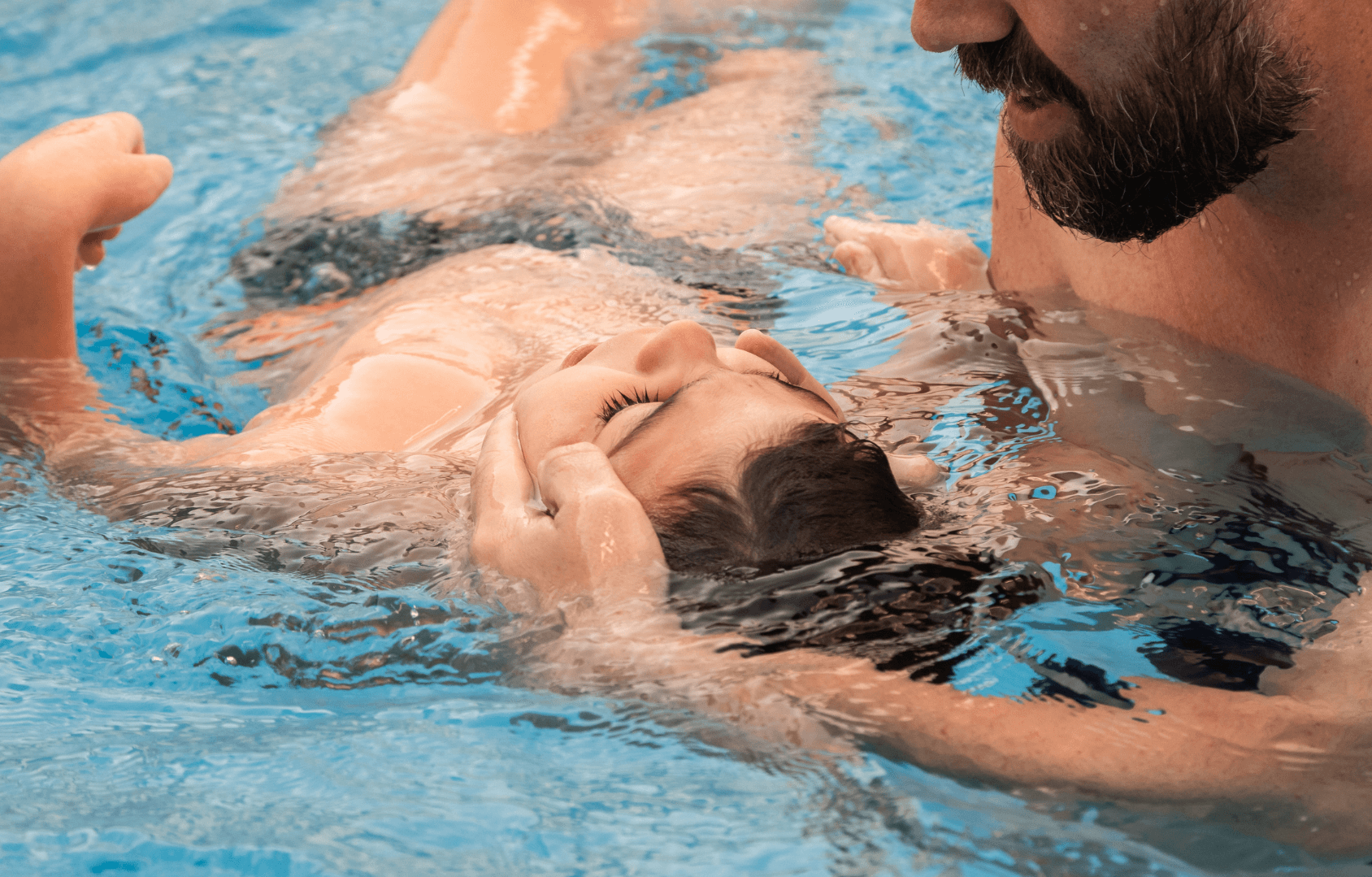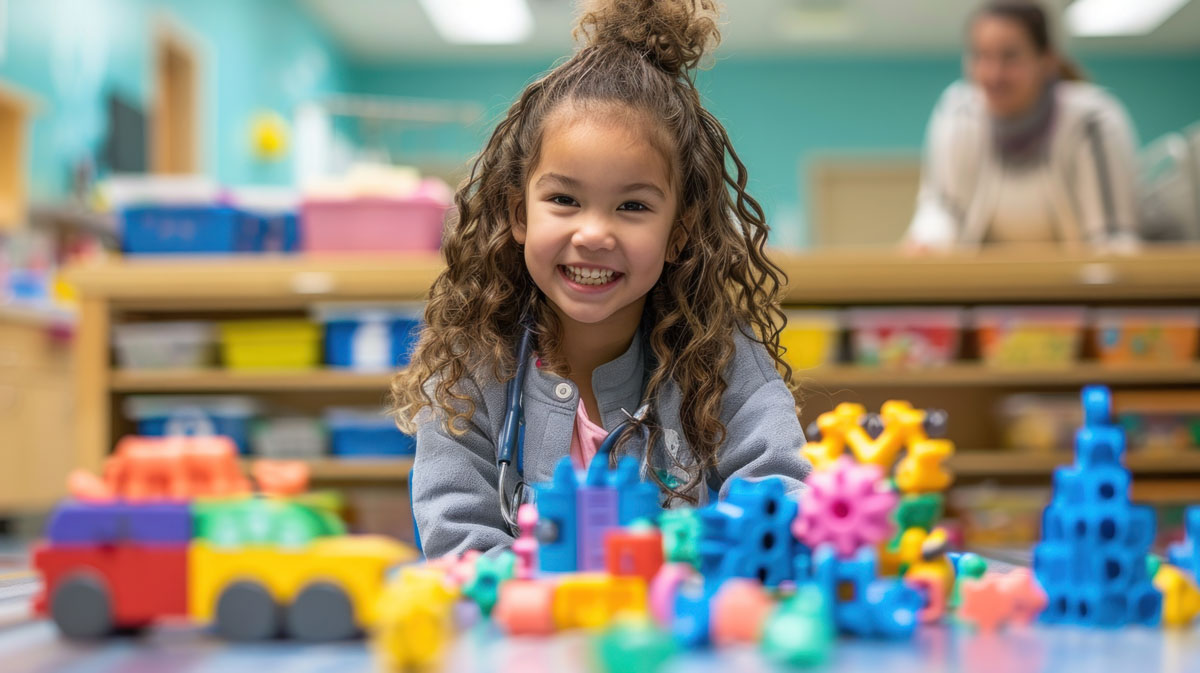
Inspire Centre Recreation Therapists will:


Did You Know?
Recreation therapy uses education and recreation participation to help children with physical, cognitive, emotional and/or social limitations gain and maintain skills, knowledge and behaviours so they can enjoy leisure time to the fullest and live independently with the least amount of assistance.
Frequently Asked Questions (FAQs) about Recreation Therapy
Children and youth (up to the age of 19, or 21 if they are still enrolled in school) who reside in the districts of Cochrane and Temiskaming and communities in the James Bay area with a physical, developmental and/or communication disability.
Recreation therapy uses play, sports, arts, and other activities to help children and youth develop social, emotional, cognitive, and physical skills while improving their overall well-being and independence in order to assist them with fully participating in their communities.
If your child struggles with social interactions, confidence, motor skills, or engaging in recreational activities, recreation therapy can help them build these skills in a fun and supportive way.
- Improves social skills and communication
- Enhances confidence and independence
- Encourages physical activity and coordination
- Reduces stress and anxiety
- Helps children discover and enjoy new hobbies through leisure and recreation
Therapy sessions may include:
- Sports and physical activities
- Arts and crafts
- Music and dance
- Games that encourage social interaction
- Outdoor activities
- Sensory activities
No, while it can complement other therapies, Recreation Therapy focuses on improving a child’s overall well-being and social participation through play and leisure activities.
Yes! Recreation Therapy is designed to be inclusive and supports children with physical, cognitive, emotional, and social challenges by adapting activities to their abilities.
A recreation therapist assesses your child’s interests, strengths, and challenges, then develops a treatment plan that includes recreation and/or leisure activities to help them reach their goals.
The length of therapy varies based on individual needs. Some children benefit from short-term programs, while others continue for ongoing skill-building and social engagement.
Yes! The focus is on engaging and enjoyable activities, making therapy feel more like play while still promoting growth and development.
Yes! A referral for recreation therapy services at Inspire Centre can be made through our website or by contacting our centre directly.
